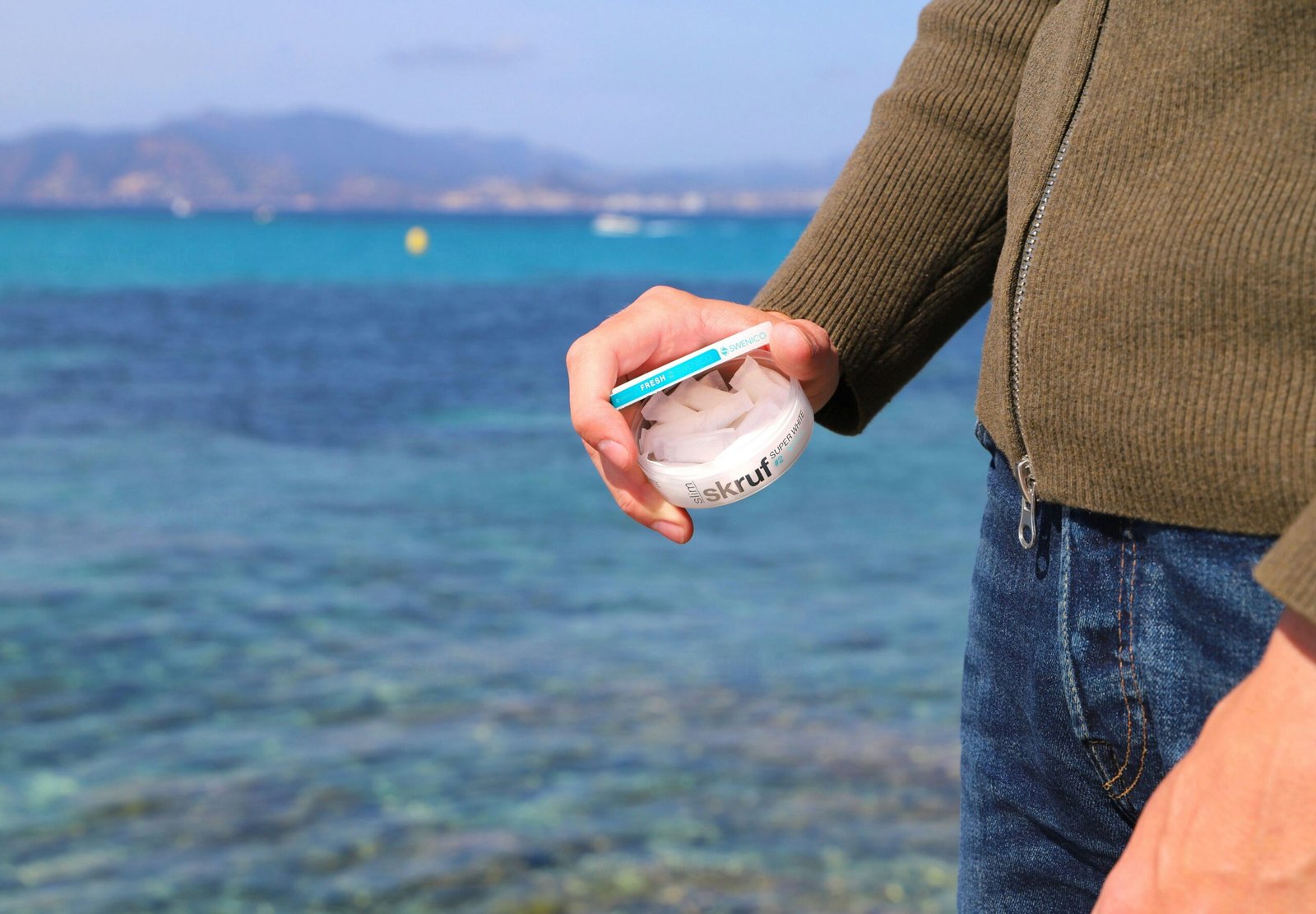Nicotine pouches, emerging as a popular alternative to traditional tobacco products, have witnessed a surge in popularity. However, their regulation has been a subject of ambiguity until recent legislative developments in the Czech Republic. This article delves into the evolving regulatory landscape surrounding nicotine pouches, shedding light on the journey from legislative uncertainties to comprehensive guidelines.
Regulatory Evolution
Traditionally, nicotine pouches were not subject to specific European regulations, existing in a legislative void in the Czech Republic. General product safety legislation governed them, alongside adherence to chemical regulations like REACH and CLP. The absence of fines for non-compliance and a lack of a dedicated decree rendered the regulations largely unenforceable.
Legislative Amendments
In response to the growing prominence of nicotine pouches, an amendment to the Act on Food and Tobacco Products in May 2021 aimed to regulate their status. However, the legislative framework lacked specificity and enforcement mechanisms until the issuance of a crucial decree in May 2023, effective from 1 July 2023.
Decree Highlights
The Decree on tobacco-free nicotine pouches, coupled with the Act on Food and Tobacco Products, mirrors the regulatory framework for tobacco and e-cigarettes. It sets stringent standards for composition, appearance, and quality, requiring notification to the Ministry of Health by manufacturers and importers.
Quality and Composition
Nicotine pouches must solely contain nicotine or nicotine salt and substances posing no health risks. Prohibited ingredients include vitamins, minerals, other addictive substances, caffeine, taurine, and those listed in the Annex to the Decree. Each pouch is capped at a maximum of 12 mg of nicotine, with a packet not exceeding 240 mg. A minimum of 20 pouches per pack aims to deter youth access.
Packaging and Labeling
To prevent resemblance to food, cosmetics, or toys, packaging must be secure and child-resistant. Mandatory labeling includes ingredient lists, nicotine content, expiration dates, and prominent health warnings covering 30% of the packaging. Pouches must not be promoted as less harmful or economically advantageous.
Reporting Obligations
Manufacturers and importers must submit comprehensive information on nicotine pouches, including toxicological data, nicotine doses, and safety data sheets, via the EU-CEG common gateway. This ensures compliance before market placement. Market-related information includes sales volume and consumer preferences, fostering transparency.
Transitional Provisions
Non-compliant nicotine pouches manufactured or placed on the market before the Decree’s enforcement (1 July 2023) may be resold until 1 July 2024.
Additional Legislative Impact
The Act on Health Protection from Addictive Substances, effective from 23 March 2023, restricts nicotine pouch sales to specialized shops, grocery stores, and specific outlets. Sales to individuals under 18 are explicitly prohibited. Future amendments may extend advertising regulations, and discussions on excise duty inclusion are underway. The regulatory journey of nicotine pouches in the Czech Republic reflects a transition from legislative uncertainty to a comprehensive framework. While welcoming the newfound legal clarity, the ongoing developments in this dynamic market prompt considerations for a broader legislative approach adaptable to emerging product categories.




[…] can be derived from a relatively non-regulated market on nicotine pouches. You can read more on regulation of nicotine pouches in Czech Republich […]
Comments are closed.